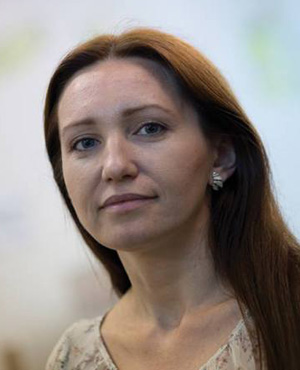Can the poorest country in the EU afford the luxury of throwing away 670,000 tons of food every year? Apparently, yes – seeing as it has not been doing anything to use the superfluous food for helping the disadvantaged. And this, knowing that one in five Bulgarians live below the poverty line.
Overproduction of food and an army of people who go hungry – if balancing these two extremes is at all possible, the solution would be in stimulating state policies, active public organizations and a heightened citizen awareness. Politicians in Bulgaria are still contemplating “drawing on the experience of Europe” for coping with food wastage, businesses face numerous obstacles even if they wanted to donate superfluous products, so helping the poor is mostly left in the hands of the NGO sector.
The Bulgarian Food Bank is one of the organizations that rescues superfluous food. It takes it from manufacturers, processors or retailors and distributes it among the people who cannot afford to buy it.
 “On the one hand we rescue the food, on the other we help the needy,” says the organization’s executive director Tsanka Milanova.
“On the one hand we rescue the food, on the other we help the needy,” says the organization’s executive director Tsanka Milanova.
“There is an enormous amount of food globally that is wasted and destroyed – most of all because it is superfluous even as it is manufactured. Nowadays there is overproduction – to cater for any taste or whim. So, what we have is that despite the enormous amounts of food (around 40 percent overproduction) there are a great many people in need, some starve.”
Almost all of the food in the food bank comes from manufacturers and processors, supermarkets donate negligible amounts. Big retail chains are far from generous because of a tax absurdity which entails substantial financial losses for them.
“There are no incentives to donate food, even when there are approaching expiry dates,” says Tsanka Milanova. “If it is scrapped it would mean no revenues for the national budget. On the other hand if it is donated, paradoxically, the corporate body would have to pay 20 percent VAT. And if it is made clear that the food would otherwise be heading for the landfill or the incinerator, it makes absolutely no sense to heave this financial burden onto the businesses that have superfluous food.”
But it is not just the inadequate taxation system that is stopping retail chains from donating food with approaching expiry dates. They are still able to sell them by frequent promotions, even though reducing prices has its downside – people often overstock and then have to get rid of the superfluous food. According to Sofia Municipality data, last year 64,000 tons of food waste was thrown away in Sofia alone.
To reduce food wastage we first have to put in place a mechanism of food donation that would make donating food more worthwhile than throwing it away, says Tsanka Milanova. France recently adopted a law banning supermarkets from throwing away or destroying unsold food, forcing them instead to donate it to charities and food banks. In Great Britain, Poland and other European countries there is no VAT on donated food. In Bulgaria proposals for improving taxation have been gathering dust at the finance ministry for three years.
“One of the proposals is for the amount of food any corporate body can donate within one year to be bound to the annual sales proceeds,” Tsanka Milanova explains. “And if the donated food does not exceed 0.5 percent of the sales proceeds, no VAT is due – because the manufacturer, processor or retailer in question would otherwise destroy the food, as there is no tax on that. The second proposal is for the food whose expiry date at the time of donation is no more than one month to be exempt from VAT.”
And as comparing ourselves to Romania seems to be a national sport, let us say that these measures are already in place in that country. Following its example and taking a sensible view of rescuing and redistributing superfluous food would mean feeding more homeless and poor people.
English version: Milena Daynova
Who said Bulgarians were grumpy pessimists? Take a stroll through Sofia's Christmas bazaars and meet the cheerful crowd. The festive decorations, music, merry-go-rounds and stalls overflowing with treats and handmade souvenirs can make the gloomiest..
Bulgarian studies are highly valued at the Bogdan Khmelnitsky State Pedagogical University in the Ukrainian city of Melitopol. So it comes as no surprise that the university is hosting the latest edition of the International Bulgarian Studies Readings,..
"You say you are Bulgarian, but you do not know Bulgarian" – this reproach from officials in Bulgaria has been faced by quite a few by our compatriots from the historical Bulgarian communities around the world. One of them is Bledar Alterziu from..
Who said Bulgarians were grumpy pessimists? Take a stroll through Sofia's Christmas bazaars and meet the cheerful crowd. The festive decorations, music,..

+359 2 9336 661
